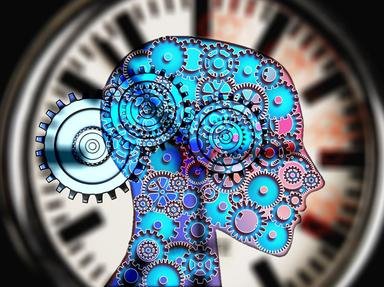Quiz Answer Key and Fun Facts
1. How did Jerusalem Syndrome get its name?
2. Which famous author was apparently affected with Jerusalem Syndrome while on a visit to the Holy Land?
3. What group is most affected by Jerusalem Syndrome?
4. People affected with Jerusalem Syndrome always have a previous history of mental illness.
5. What type of treatment would a person suffering from Type III Jerusalem Syndrome most likely receive?
6. If a person suffering from Jerusalem Syndrome became a public danger, where would he be treated?
7. Authorities feared that a certain event might result in a significant increase in Jerusalem Syndrome. What event was that?
8. A person apparently suffering from Jerusalem Syndrome attempted to destroy an important holy site in Jerusalem. Which was it?
9. The prognosis for Jerusalem Syndrome is always very poor.
10. There is universal agreement regarding the diagnosis of Jerusalem Syndrome.
Source: Author
janetgool
This quiz was reviewed by FunTrivia editor
crisw before going online.
Any errors found in FunTrivia content are routinely corrected through our feedback system.
